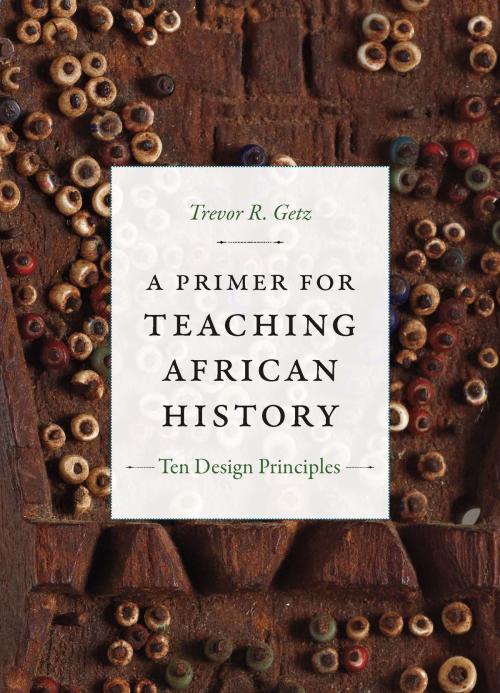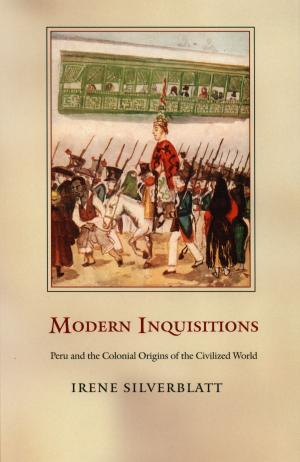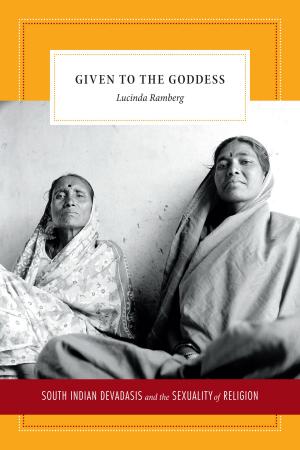A Primer for Teaching African History
Ten Design Principles
Nonfiction, History, Africa, World History, Reference & Language, Education & Teaching, Teaching, Teaching Methods| Author: | Trevor R. Getz | ISBN: | 9780822391944 |
| Publisher: | Duke University Press | Publication: | March 15, 2018 |
| Imprint: | Duke University Press Books | Language: | English |
| Author: | Trevor R. Getz |
| ISBN: | 9780822391944 |
| Publisher: | Duke University Press |
| Publication: | March 15, 2018 |
| Imprint: | Duke University Press Books |
| Language: | English |
A Primer for Teaching African History is a guide for college and high school teachers who are teaching African history for the first time, for experienced teachers who want to reinvigorate their courses, for those who are training future teachers to prepare their own syllabi, and for teachers who want to incorporate African history into their world history courses. Trevor R. Getz offers design principles aimed at facilitating a classroom experience that will help students navigate new knowledge, historical skills, ethical development, and worldviews. He foregrounds the importance of acknowledging and addressing student preconceptions about Africa, challenging chronological approaches to history, exploring identity and geography as ways to access historical African perspectives, and investigating the potential to engage in questions of ethics that studying African history provides. In his discussions of setting goals, pedagogy, assessment, and syllabus design, Getz draws readers into the process of thinking consciously and strategically about designing courses on African history that will challenge students to think critically about Africa and the discipline of history.
A Primer for Teaching African History is a guide for college and high school teachers who are teaching African history for the first time, for experienced teachers who want to reinvigorate their courses, for those who are training future teachers to prepare their own syllabi, and for teachers who want to incorporate African history into their world history courses. Trevor R. Getz offers design principles aimed at facilitating a classroom experience that will help students navigate new knowledge, historical skills, ethical development, and worldviews. He foregrounds the importance of acknowledging and addressing student preconceptions about Africa, challenging chronological approaches to history, exploring identity and geography as ways to access historical African perspectives, and investigating the potential to engage in questions of ethics that studying African history provides. In his discussions of setting goals, pedagogy, assessment, and syllabus design, Getz draws readers into the process of thinking consciously and strategically about designing courses on African history that will challenge students to think critically about Africa and the discipline of history.















